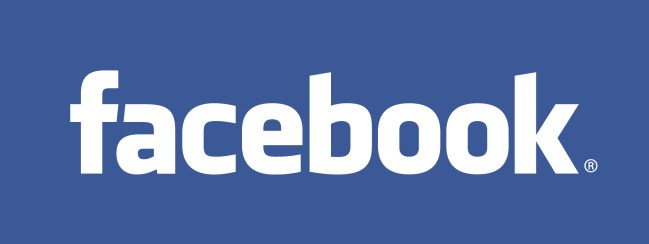 A security flaw concerning Facebook applications that allowed advertisers to access user profiles has now, according to the social networking site, been dealt with.
A security flaw concerning Facebook applications that allowed advertisers to access user profiles has now, according to the social networking site, been dealt with.
Internet security firm Symantec said in a blog post that third parties “have accidentally had access to Facebook users’ accounts including profiles, photographs, chat, and also had the ability to post messages and mine personal information.”
Symantec’s Nishant Doshi, who discovered the issue along with co-worker Candid Wueest, pointed out that most of these third parties will not have known about the flaw. “Fortunately, these third-parties may not have realized their ability to access this information. We have reported this issue to Facebook, who has taken corrective action to help eliminate this issue,” Doshi said in the post.
Doshi explained that some Facebook applications inadvertently leaked what are called “access tokens” to third parties. Facebook applications are programs integrated into the Facebook website that enable users to shop and play games, among other things.
“We estimate that as of April 2011, close to 100,000 applications were enabling this leakage [and that] over the years, hundreds of thousands of applications may have inadvertently leaked millions of access tokens to third parties,” Doshi said.
The access tokens are described as being like spare keys that can be used to carry out certain actions on behalf of a user or to access the profile of a user. Doshi explained that “each token or ‘spare key’ is associated with a select set of permissions, like reading your wall, accessing your friend’s profile, posting to your wall, etc.”
In an email to the Wall Street Journal, a spokeswoman for Facebook said, “We’ve conducted a thorough investigation which revealed no evidence of this issue resulting in a user’s private information being shared with unauthorized third parties.”
According to Doshi, Facebook has been taken steps to fix the flaw to prevent further token leaks. He added, however, that “we fear a lot of these tokens might still be available in log files of third-party servers or still being actively used by advertisers.”
If any Facebook users are still worried about security with regards to this issue, Doshi has some useful advice: “Concerned Facebook users can change their Facebook passwords to invalidate leaked access tokens. Changing the password invalidates these tokens and is equivalent to “changing the lock” on your Facebook profile.”
With a site as massive as Facebook, security issues are bound to hit the headlines from time to time. In January the social networking site beefed up security by incorporating HTTPS capability. This came in the wake of a study conducted by Digital Society that looked at the basic security functions of some popular websites – Facebook didn’t come out of that too well. In January, the fan page of Facebook CEO Mark Zuckerberg was hacked (though his personal page remained intact) and was taken down. Worshippers of the man will be happy to know that the page is back up.
Editors' Recommendations
- Snag a year’s access to Norton’s ‘Secure VPN’ while it’s 75% off
- What does a check mark mean on Facebook Messenger?
- The MacBook Air M3 has one change that fixes its biggest flaw
- How to set your Facebook Feed to show most recent posts
- AMD and Apple face a dangerous new security flaw

